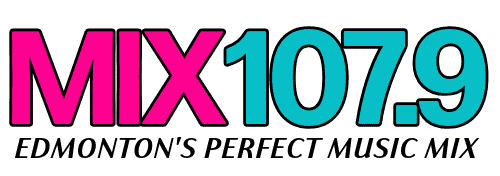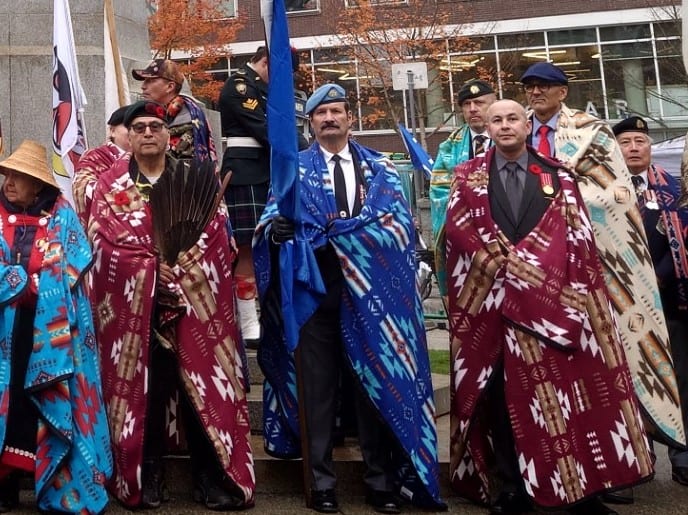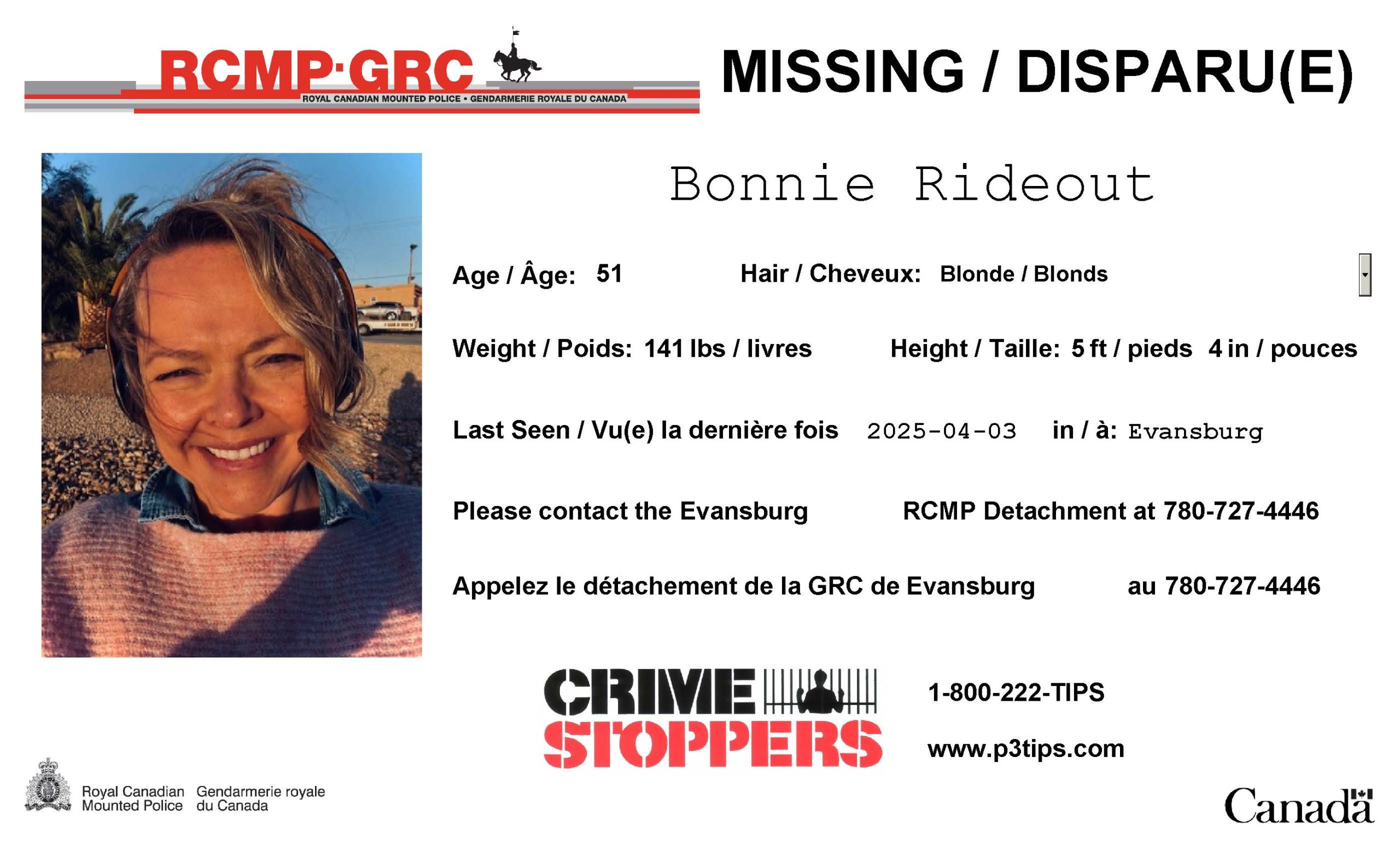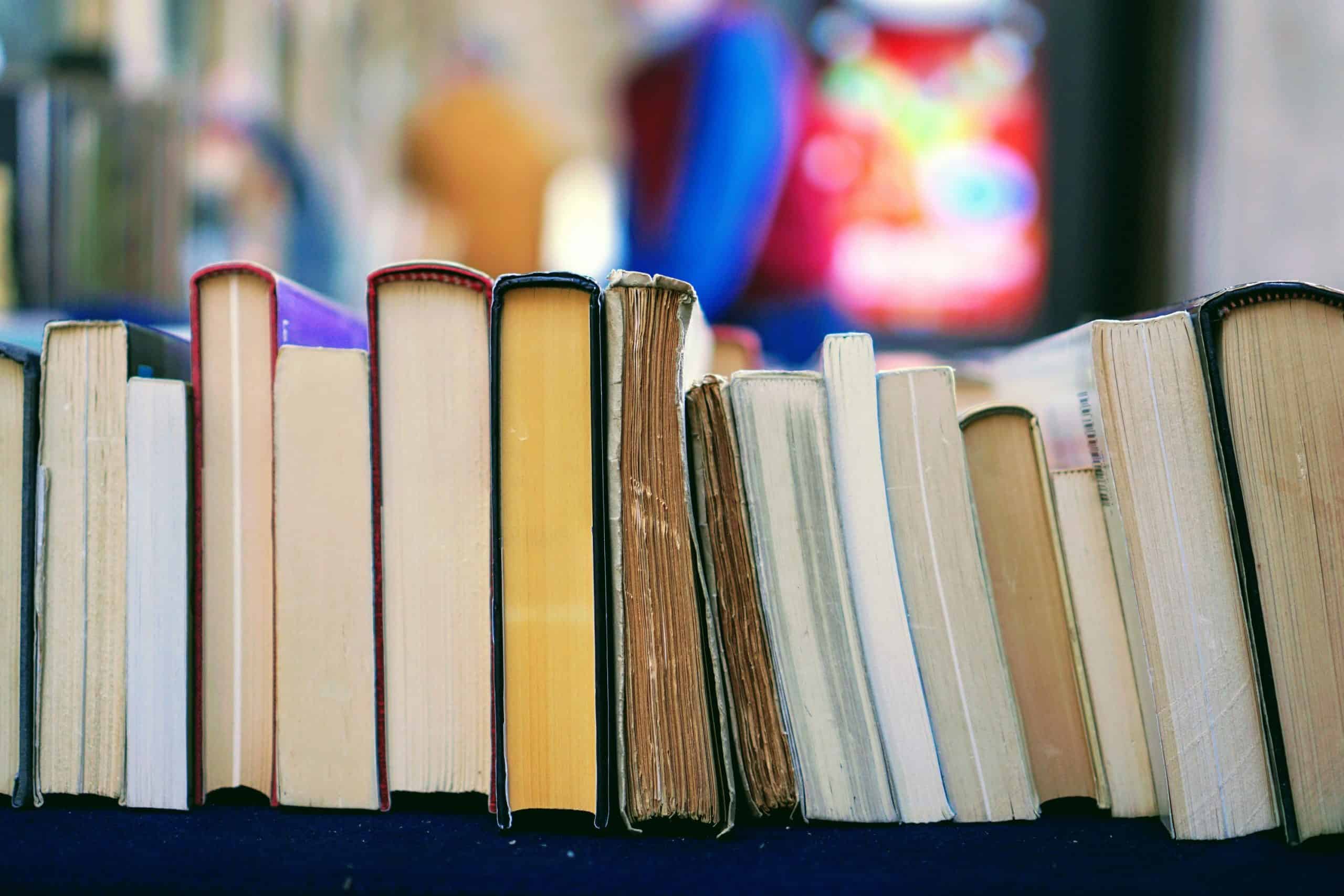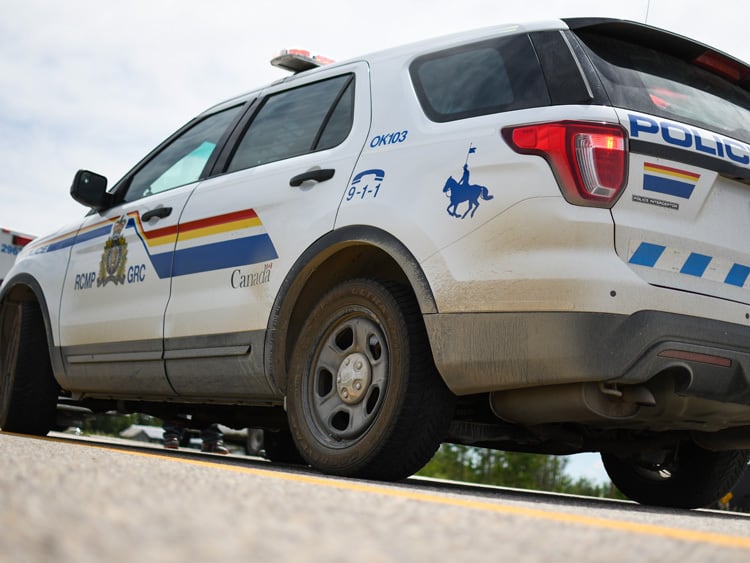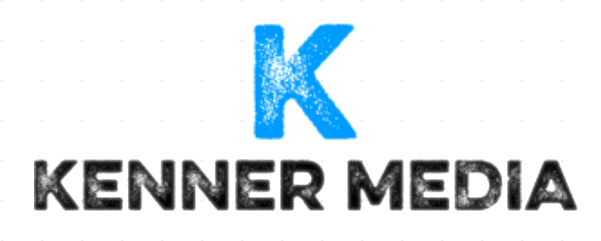National Indigenous Veterans Day was marked on Wednesday across Canada, to honour the fallen war dead who have Indigenous heritage.
In Edmonton, many people gathered at city hall held under the glass roof to mark the occasion, which saw Mayor Amarjeet Sohi proclaim November 8th as Indigenous Veterans Day in the city. It was the first time such a ceremony was held at city hall.
Many veterans with connections to the Edmonton-area due to parts of their service occurring at the Steele Barracks, Garrison Edmonton, attended a ceremony in Vancouver B.C.
Cpl. David Ward, originally of Grande Prairie, AB, first joined the army in Edmonton. He served in the One Battalion Royal Canadian Regiment stationed at the Wolseley Barracks in London, Ont. from 1972-1978. Ward served two tours of duty with the United Nations, 1974-1975 in Cyprus, and 1975-1976 in Egypt.
“When I joined, I was lucky. On my [identification] card I could put down my nationality was Cree. Had I joined during World War I, World War II or the Korean war, I would be Irish on my dad’s side or French on my mom’s side because we were not allowed to join as Aboriginal people.”
Ward said his mom lost her Indian* status through marriage, and so Ward himself does not have status.
“A lot of [First Nations peoples] did lose their status. Not only that, but a lot of the men and women survived residential schools and when Canada needed help, they joined.
“So while they’re serving and dying overseas, the children were being taken away and being put in residential schools.” Ward said.
Dave Armitt, originally of Winnipeg, was a combat engineer and he retired as a master warrant officer. He lived in St. Albert – where his children remain today – during his final posting in Edmonton after being stationed in Chilliwack, B.C. and Petawawa, Ont.
“I joined up because I needed a sense of purpose and direction, and it seems that that’s what the military gave to me. I was an army cadet, and then I joined the reserves, and I knew I wanted to lead a military life, so I joined the regular force.”
When asked what freedom means to him, he simply replies that it probably means the same thing to him as it does to the author.
“That you’re able to go out an enjoy your freedoms in any place that you want to go. Enjoy family, enjoy the liberties that we have to go around our wonderful big country.”
Armitt said during his time in service, he went on a peace-keeping mission to Cambodia for a year, and trained Afghan refugees in landmine clearance in Pakistan. Today, he is the veteran chair for the Métis Nation B.C.
*Indian is used here as a legal term that continues to be used by the Canadian government under the Indian Act. Per the Government of Canada, legally speaking, the term Indian “refers to First Nations persons who are entitled to registration.”
BELOW: Dave Armitt, centre, at the 2023 National Indigenous Veterans Day ceremony in Vancouver.

